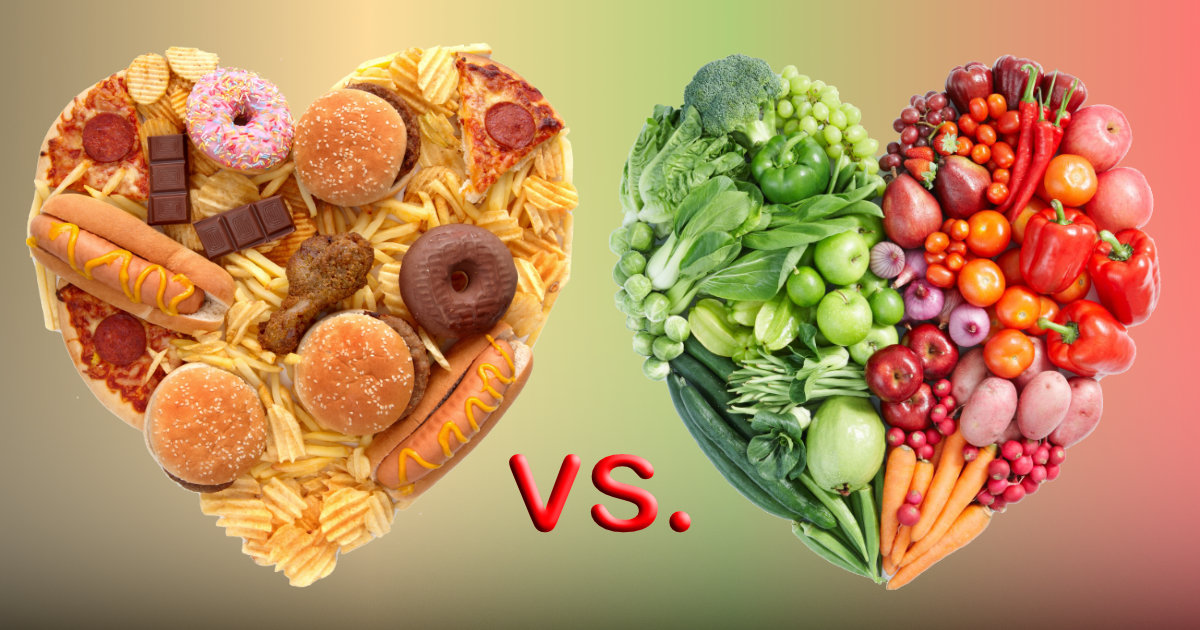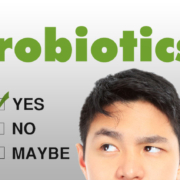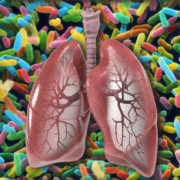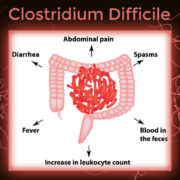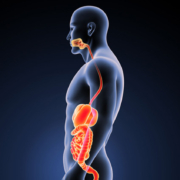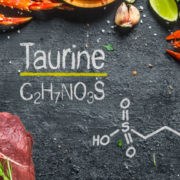The Final Question on Ultra-Processed Food
Here’s what we found out so far: When we eat ultra-processed food (UPF), we tend to eat way too much of them, upwards of 500 more calories per meal. We absorb more of those calories; the absorption starts sooner in the small intestine because of the simple carbohydrates in the UPF. Finally, we found out that we do not lose as many calories in our stool as we would if we had more fiber and more resistant starch in our foods.
But we need to answer one more question.
Is a Calorie Just a Calorie?
Despite the research that’s been done, all the clinical trials on UPF are on small groups of subjects. I’d like to see one more study similar to the one comparing the microbiome-beneficial diet with the Western diet high in processed foods. If researchers could do the same study on a group of overweight people and put them on one of two calorie-restricted diets—one following the microbiome-beneficial diet while the other used an ultra-processed food diet—we could see if there were differences in weight loss and other health markers between the two groups. Then we’d know whether there were any real differences between the types of calories we put into our bodies.
When thinking about weight loss, I always go back to the Minnesota Starvation Experiment. The subjects, all conscientious objectors, were given only the foods that would be available after WWII in war-ravaged Europe: bread, potatoes, and other root vegetables, little to no protein, and little fat. Normal-weight men lost weight and continued to do so for the entire six months of the study. If it’s just about the calories, then substituting UPF for the starvation diet and adjusting it on a weekly basis would get the same results today. But I don’t see that study happening any time soon.
Are UPFs Healthy?
Not in my opinion because of what they don’t have. No fiber. No resistant starch. No phytonutrients. Then add artificial flavors and colors and throw in sodium and umami flavoring to make us want to eat more of them. No, I don’t think they’re healthy. But if they’re a part of a total diet and consumption is controlled, then, while the research is not in yet, a calorie could be just a calorie.
The Bottom Line
It’s easy to be a demagogue and condemn UPFs as so many others have, but remember that protein powder is a highly processed food, whether from animal or plant sources. So is stevia, the “natural” sweetener. How about almond milk? Have you ever seen an almond teat? Neither have I.
What we need for good health today, not in 1900, 1930, 1950, or even 1970, is a balanced approach to nutritional intake. It’s as simple as eat better, but not perfect. Eat less, but don’t starve yourself on foods you don’t enjoy. And move more. It’s as simple as that.
What are you prepared to do today?
Dr. Chet
Reference: https://doi.org/10.1038/s41467-023-38778-x

